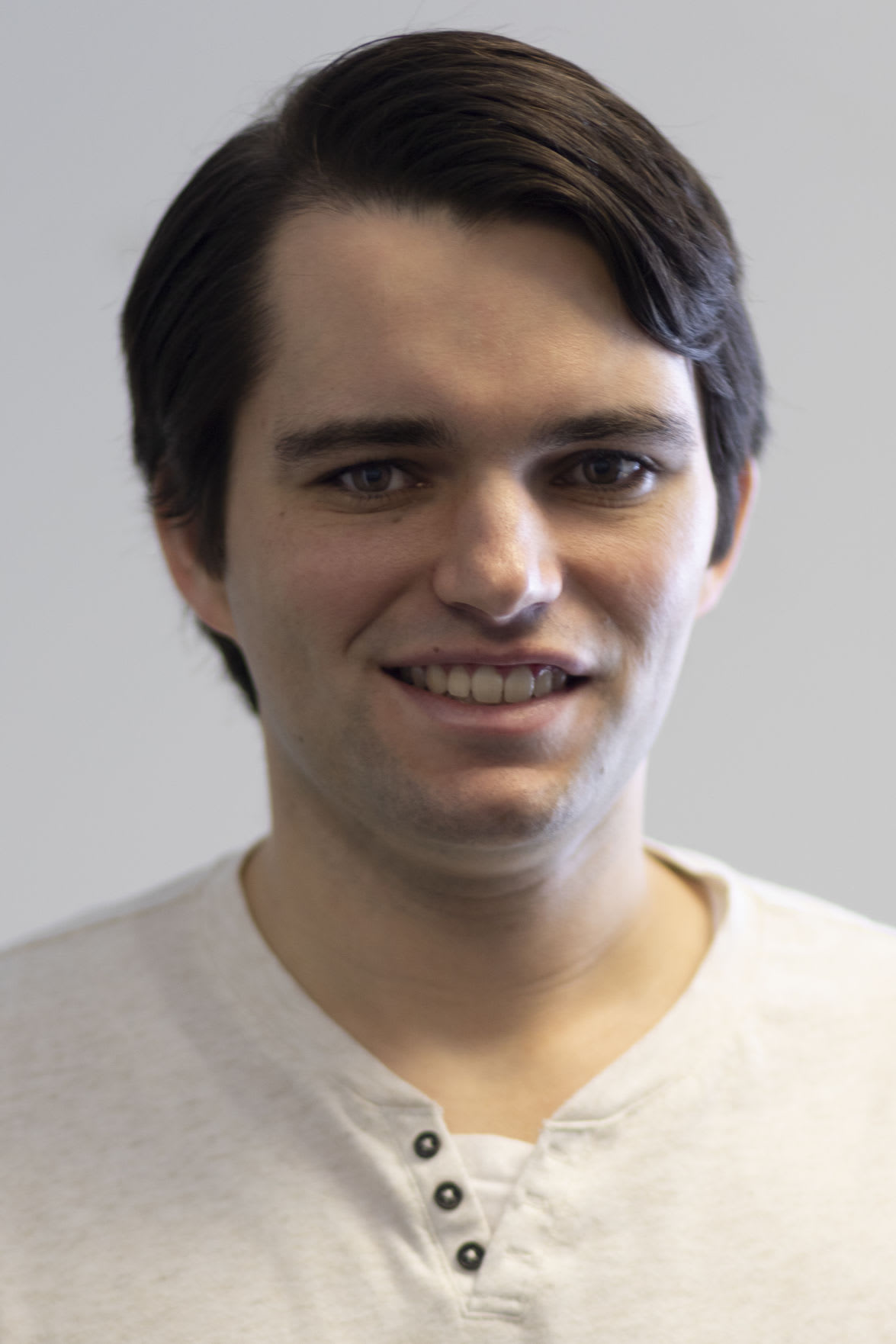No one who steps onto Notre Dame’s campus this fall can say the new health and safety guidelines were not clearly communicated.
Not when there will be 54,000 signs and reminders to wear masks at all times and keep a six-foot distance whenever possible scattered everywhere when the fall semester starts Aug. 10. They’re part of the school’s reopening process and new fall semester protocols for holding an on-campus semester amid the coronavirus pandemic, which president Fr. John Jenkins believes will be enough to manage the risks and any spread of the disease.
“I think we can,” Jenkins told NBC News. “I’m confident we can.”
The signs are only one part of the reopening plan and protocols, which have been constructed with the help of experts from Johns Hopkins Hospital and the Cleveland Clinic.
Among the other items are daily temperature checks, which begin on the first day of the fall semester. Dining hall capacity will be reduced by 75 percent. Dining tables that once held 12 people will hold a maximum of four. Capacity at the school’s 80 chapels will be cut by 50 percent.
Classrooms will have half as many desks as they did before. Dorms will still have two people to a room, but with a deeper cleaning process during the semester. Capacity for home football games at Notre Dame Stadium has not been set, but it will be below the normal 80,000-plus.

Earlier in June, Notre Dame announced it will have an on-site test center for symptomatic students or those who have been in contact with someone who tested positive. The school is also forming a COVID-19 Response Unit that will monitor the daily heath checks, run the testing center and manage the contact tracing.
The semester moving up two weeks to eliminate mid-term breaks and end before Thanksgiving was the first step in the reopening plan.
“We won’t have the kind of going away and coming back like a normal semester,” Jenkins said.
These safety measures are not done with hopes of preventing any cases for the entire semester, but rather minimizing spread when one does come up. Notre Dame expects positive tests. The challenge is how to handle them.
“Our contact tracing team will kick in to identify who may have been in close contact with that person,” said Marianne Corr, the university’s health/medical subcommittee chair. “We have isolation and quarantine places.”

----
• Talk about it inside Rockne’s Roundtable
• Watch our videos and subscribe to our YouTube channel
• Subscribe to our podcast on iTunes
• Learn more about our print and digital publication, Blue & Gold Illustrated.
• Follow us on Twitter: @BGINews, @BGI_LouSomogyi, @Rivals_Singer, @PatrickEngel_, @ToddBurlage and @AndrewMentock.
• Like us on Facebook.
